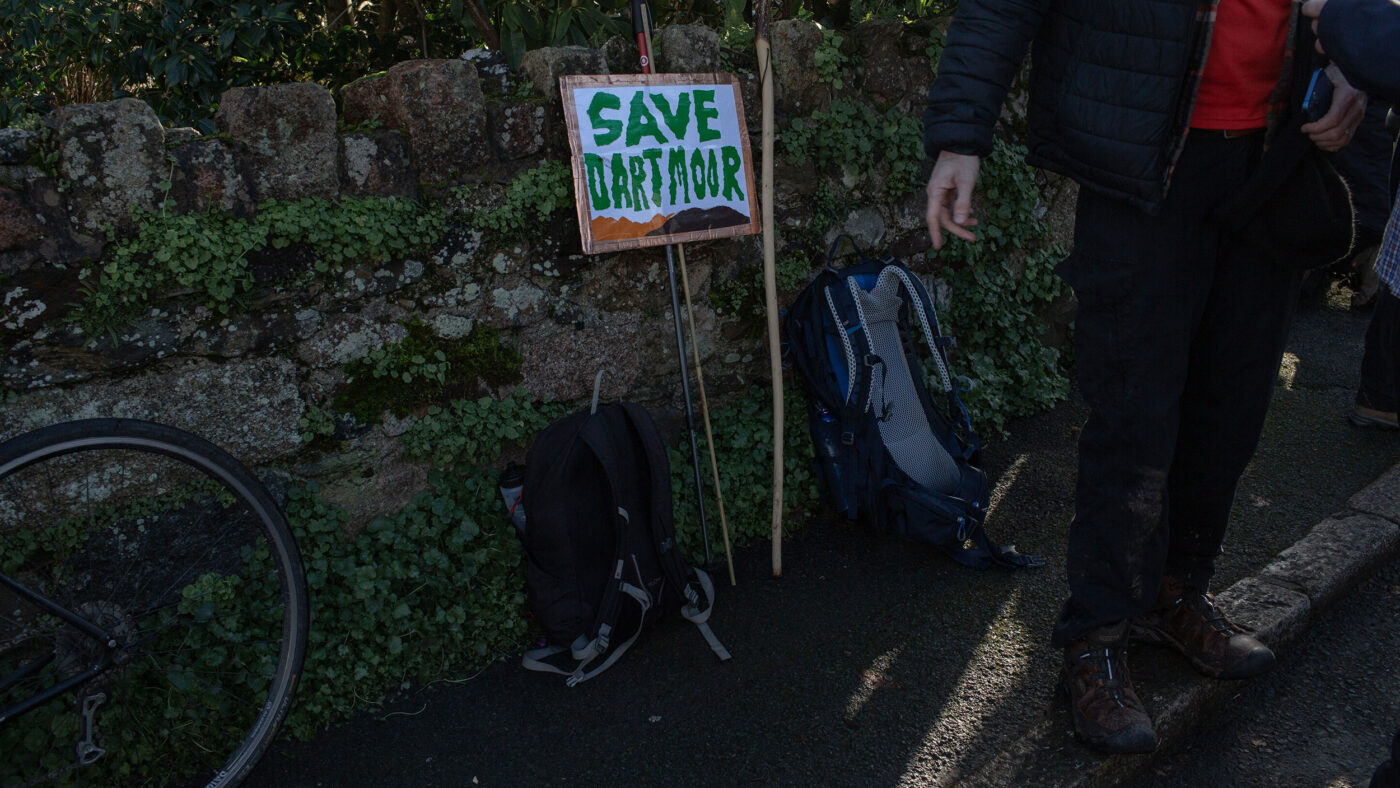A couple of weeks ago, while travelling for work, I endured a seamless 5,500 mile journey from the middle of the Indian Ocean to Paddington station, where I immediately hit the the buffers. On that occasion it was a rail strike that prompted a tense cross-country Odyssey in teeming, unheated Great Western Railways trains that were cancelled on a whim.
Rail travel between Paddington and my nearest station Exeter means fighting a losing battle with the three horsemen of West Country travel – Aslef, flooding and infrastructure that breaks if you look sideways at it. The hangdog manager from GWR appears with such monotonous regularity on video apologias for the dreadful service he provides that I wouldn’t be surprised to see a tent spring up behind him. If your intercity train appears at all near the time it’s supposed to, it’s often shorter than advertised and following or preceding a cancelled service, so two train loads of passengers cram with majestic passive aggressiveness into carriages to argue over whether the world’s most capricious seat reservation system is valid or not. This is after you have successfully navigated a crumbling platform overbridge that is festooned with infantilising hazard signs and audio warnings your mother should have prepared you for in the pram. There’s a perfect rhetoric/reality metaphor in the sidings.
First GWR’s latest cancellation data shows that instances have doubled, mostly because train crew aren’t available or in the wrong place because of strikes. Or its because of overtime bans. Or perhaps because the millions pumped into new rolling stock that keeps chiropractors in business and infrastructure ‘improvements’ hasn’t made a jot of difference when the rain falls on Exeter’s flood plain or the waves break on the line at Dawlish. Then the service falls apart, with or without the added injury of Mick Whelan’s strike action. With this degree of chaos at his fingertips, he’s surely worth every penny of his £150,000 salary to his members, if not the travelling public, who are going nowhere fast. Mind you this money for nothing pales into insignificance when you consider the take home, well north of half a million each, of Network rail bosses who can’t deliver infrastructure and rail operating company CEOs that can’t reliably put trains on it.
The strategic hell of our dysfunctional Ponzi scheme on rails is merely the back end of a connectivity nightmare that starts at the end of my lane out on Dartmoor. During the month of November it was practically impossible to get out of our village because of multiple road works that closed our potholed byways for days on end. We live 300 meters above sea level on the edge of the national park, but the council resolutely refuse to put us on a priority gritter route. But even if we were, the connecting roads are in such bad shape, just getting to a surface that your wheels might have traction on is a gamble. Every year I report the same pothole. Every year the council sends out a team of contractors who fill the pothole with a material that has the durability Play-Doh. And repeat. There is every sign that the Government’s new £8.3bn pothole busting grant will be spaffed again in compensating drivers for exploded tyres rather than making any permanent difference. Out here in High Speed None we are used to being ignored or caricatured. But when it comes to everything from internet speeds to mains water supply, we are the epicentre of the nation’s not spot.
The place feels broken. For all the massive advantages I enjoy living in one of the most beautiful parts of Britain, we are gripped by a deep sense of malaise when it comes to getting anywhere beyond the front door except by horse, bicycle or shanks mare. There is a serious point to the increasing isolation this local and national dereliction brings. We need people to invest in private enterprise in our national park to keep it alive. We need visitors who are not deterred for ever by a bus versus cattle lorry stand-off outside Moretonhampstead. We need youngsters brought up here to see a future to thrive in – and don’t get me started on ‘affordable’ housing. The village below us has lost two shops and a post office. The pub is on life support. South West Water vans are an almost permanent fixture there as no progress is ever made to sort out water pressure problems that regularly leave customers high and dry but with bills that stay the same.
These are living places that are seceding from public life against their will. I’ve written before on this site about the hidden problem of rural poverty here in our valley, with a Food Bank booming in chocolate box cover countryside. Not all of these people will be joining me on the dispiriting London commute of course. But the political (if not moral) problem for the Government is that this is where a huge constituency of their voters live. And whether visiting zone one or the local co-op, the infrastructure collapse is starving us into rebellion.
Click here to subscribe to our daily briefing – the best pieces from CapX and across the web.
CapX depends on the generosity of its readers. If you value what we do, please consider making a donation.


